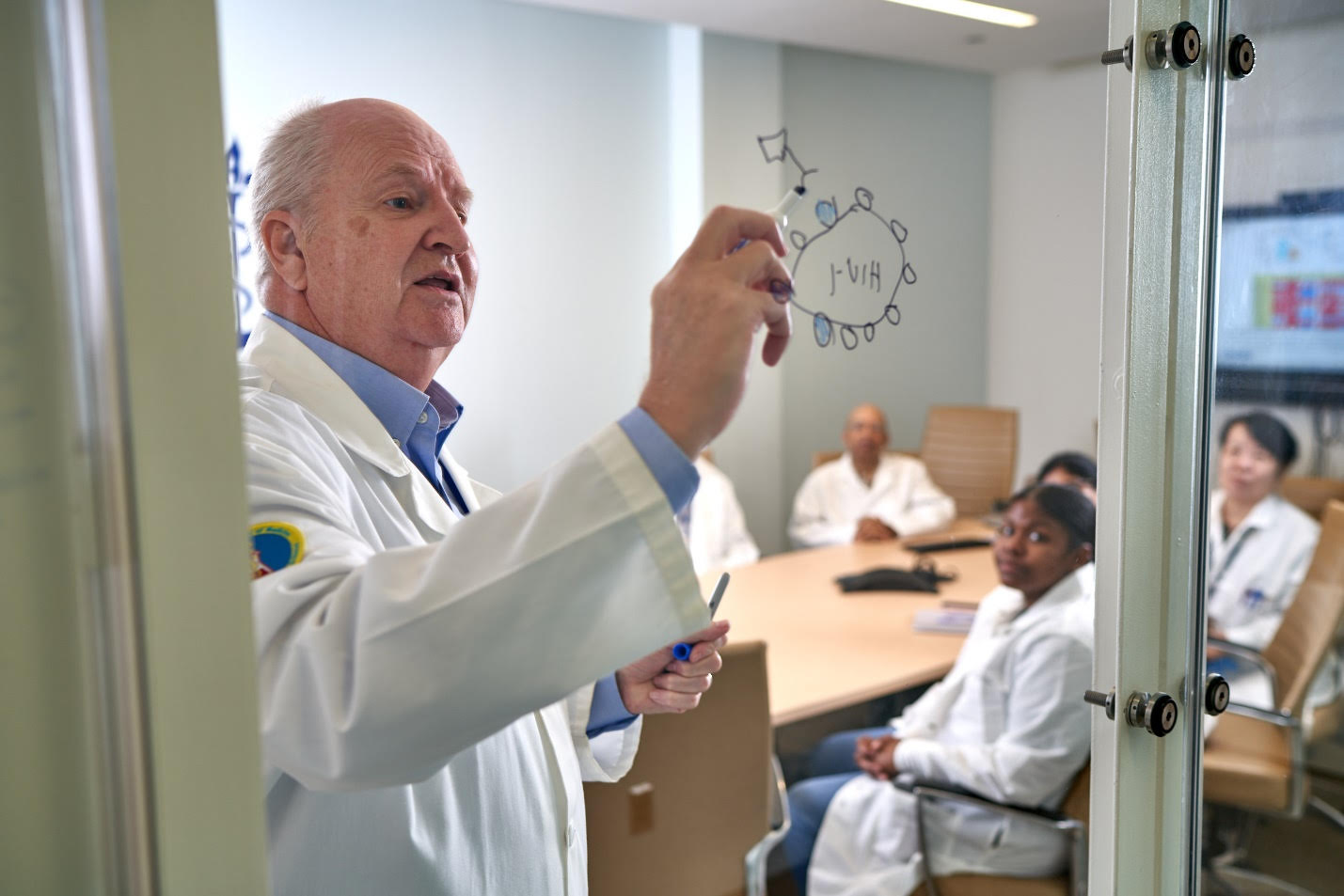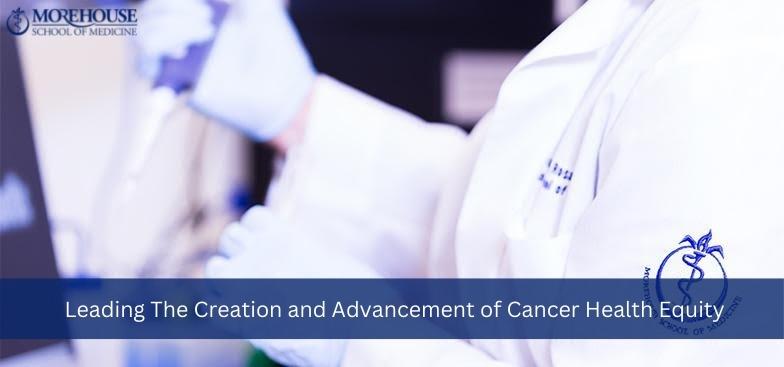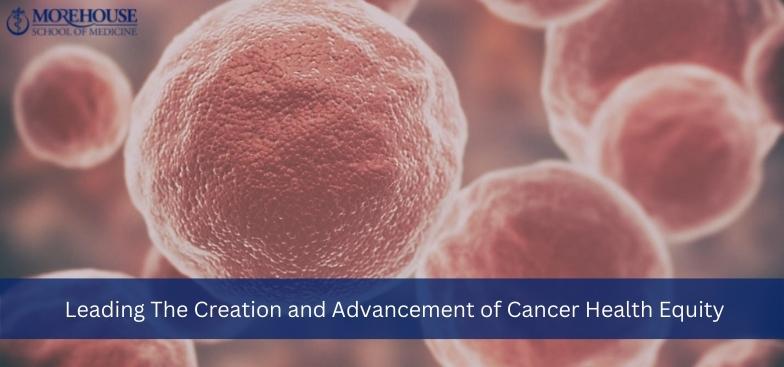Cancer Health Equity Institute (CHEI)
Established in 2015, the Morehouse School of Medicine Cancer Health Equity Institute (CHEI) is made up of special people dedicated to giving their energy, talents and unique skills to provide the best care for our patients and to discover new ways to prevent and combat these deadly diseases.

In the state of Georgia,
- Cancer health disparities (or differences in measurable cancer health outcomes) exist by age, gender, race/ethnicity, income, education, access to care, and other factors;
- African Americans are more likely to suffer from cancer health inequities and get sicker, develop complications, and die from cancer, than compared to other groups;
- African-American and Hispanic women have higher rates of cervical cancer, when compared to other racial/ethnic groups;
- Studies have shown that rural communities in Georgia disproportionately experience poor cancer health outcomes when compared to their urban counterparts.
About CHEI
Vision
MSM Cancer Health Equity Institute’s vision is to end health disparities in cancer, lead efforts in comprehensive research to prevent and cure cancer in African American communities and throughout Georgia, and contribute to solving the problems of cancer worldwide, while providing the highest level of safe, innovative, compassionate care for patients with cancer.
Mission
MSM Cancer Health Equity Institute is dedicated to conducting laboratory, clinical, and population-based cancer research to better understand and reduce cancer health disparities and training future cancer researchers.
Goal
Establish NCI-designated Cancer Center at MSM and be nationally recognized as the “go-to” center for cancer health disparities science.
Strategies
Promote cancer screening and healthy lifestyles, improve minority participation in clinical oncology trials, and increase the number of highly competent cancer researchers and clinicians.




